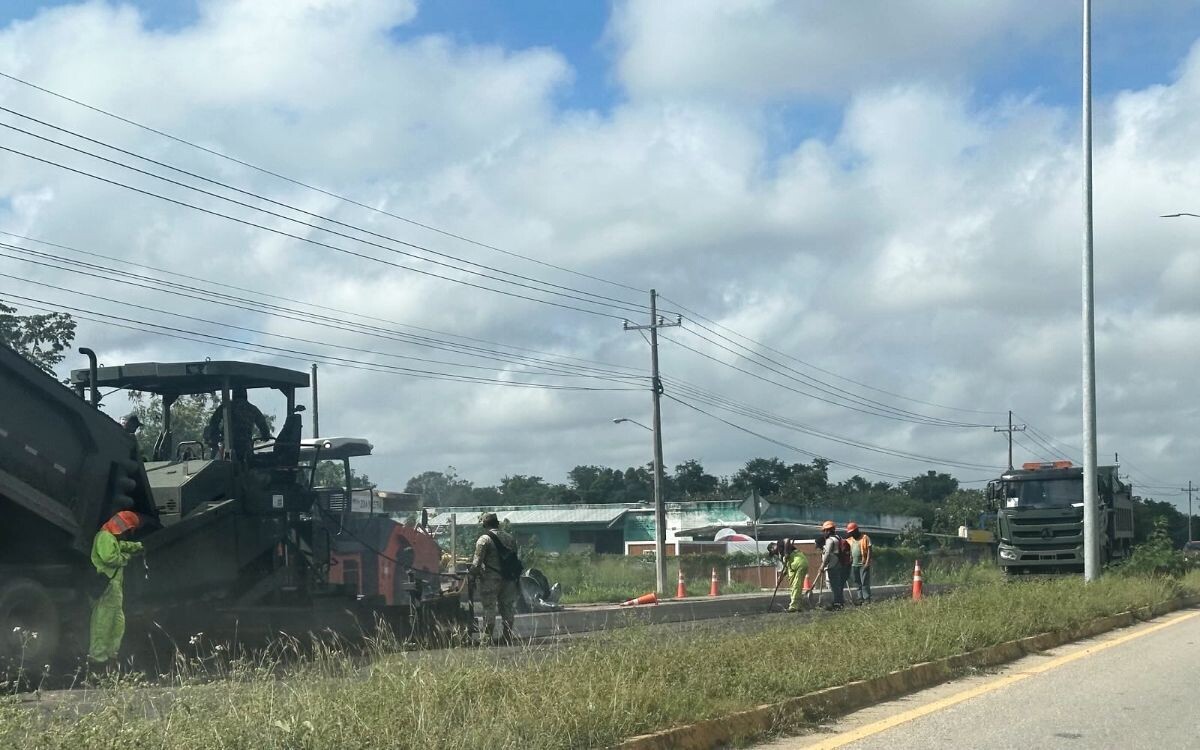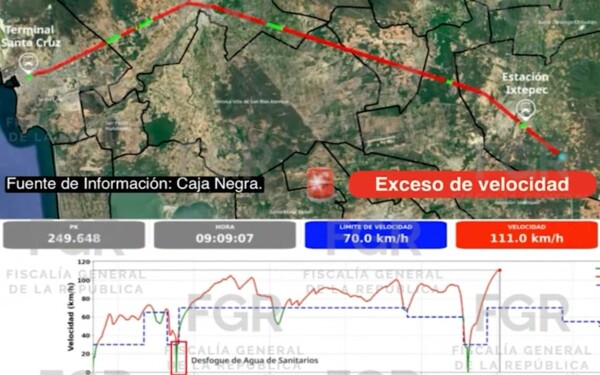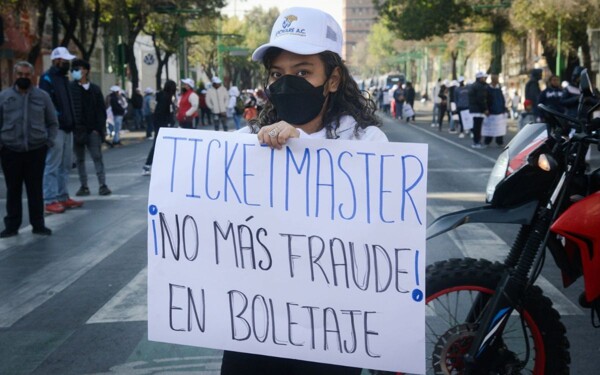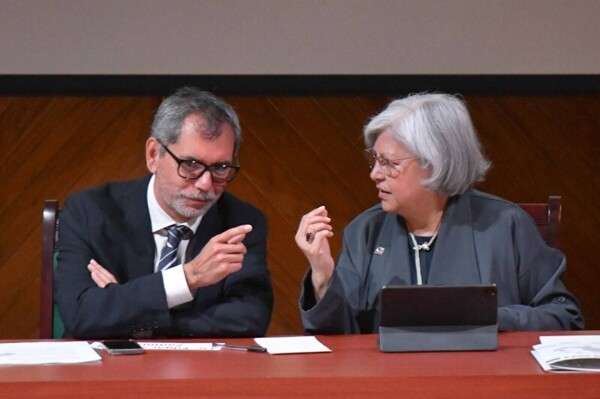
This allows military companies to concentrate economic power, reduce competition, and control productive, tourist, and service processes. The militarized group Grupo Mundo Maya, formerly GAFSACOMM, directs activities in transportation, accommodation, museums, food, travel agencies, and airlines. According to CCIS, this generates a “completely militarized tourist experience” that affects rights and nature. The documented military incursion includes the expropriation of land, the construction of facilities, camps in public spaces, the circulation of vehicles that damage roads, and surveillance of the population. CCIS indicated that the Armed Forces do not limit themselves to security but also supervise, administer, and operate strategic megaprojects.
In municipalities of Campeche and Quintana Roo, violations of the right to life; freedom of expression; freedom of association; fair labor conditions; access to a healthy environment; participation in cultural life; information; and the autonomy of peoples were recorded. The most affected groups include women, girls, older adults, and migrant workers. In the Maya Train, between December 1, 2018, and September 27, 2024, at least 64 workers died and 46 were injured due to alleged occupational hazards, according to CCIS. The organization emphasizes that many of these deaths could have been prevented with occupational safety and corrective measures.
The organization Community Cohesion and Social Innovation (CCIS) requested President Claudia Sheinbaum to stop the expansion of military corporatization in Mexico due to its impacts on dignity, human rights, and nature. They also ask her to establish clear deadlines for the withdrawal of the Armed Forces from the territories where railway megaprojects operate. “We call on the president to halt this strategy and to form a working group to monitor labor rights, information, and participation and the autonomy in the new railway projects,” the organization stated. CCIS documented that the military strategy initiated with the construction of the Maya Train combines the corporatization of state enterprises with military participation and the integration of supply chains under the control of the Armed Forces.
CCIS highlighted that military presence will increase from 3 municipalities in 2 states to 30 municipalities in 9 federal entities. The organization stressed that the Armed Forces must adhere to democratic normality and that the companies and financial entities involved in these megaprojects must also guarantee respect for human rights, apply environmental mitigation measures, and ensure the participation and consultation of affected communities. If the railway projects are considered “priority” and “strategic,” they must be exemplary in terms of human rights from their decision-making, execution, supervision, and operation.
Finally, the organization asked Sheinbaum to clarify the role of the Armed Forces in the Yucatán Peninsula and other territories, establish clear deadlines for their withdrawal, and guarantee effective measures to prevent new human rights violations. Military corporatization is also reflected in state-owned companies such as the Felipe Ángeles International Airport, S.A. de C.V., Palenque International Airport, Señor Pakal, S.A. de C.V., Chetumal International Airport, Cuna del Mestizaje, S.A. de C.V. In addition, the Tulum International Airport, Zamá, S.A. de C.V., Maya Train S.A. de C.V., and the Mexican State Airline, S.A. de C.V., are all linked to the Secretariat of National Defense and Grupo Mundo Maya. The new “priority” and “strategic” railway projects include the Maya Train's freight line, the extension of the branch to Puerto Progreso, the Interurban Train Mexico-Toluca (El Insurgente). The lines of the Transoceanic Train Oaxaca-Chiapas and Roberto-Ayala-Paraiso, and the passenger trains AIFA-Pachuca, Mexico-Querétaro, Querétaro-Irapuato, and Saltillo-Nuevo Laredo.














